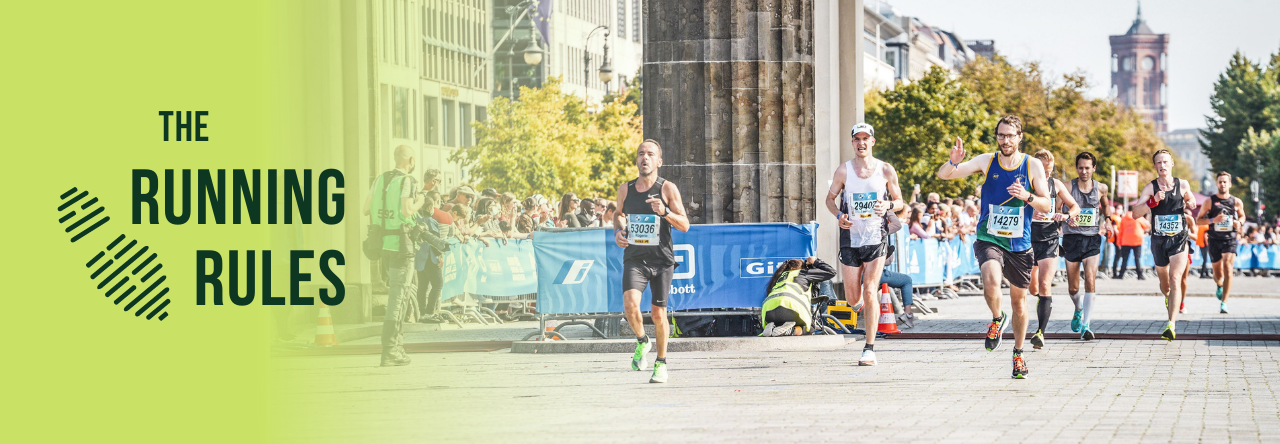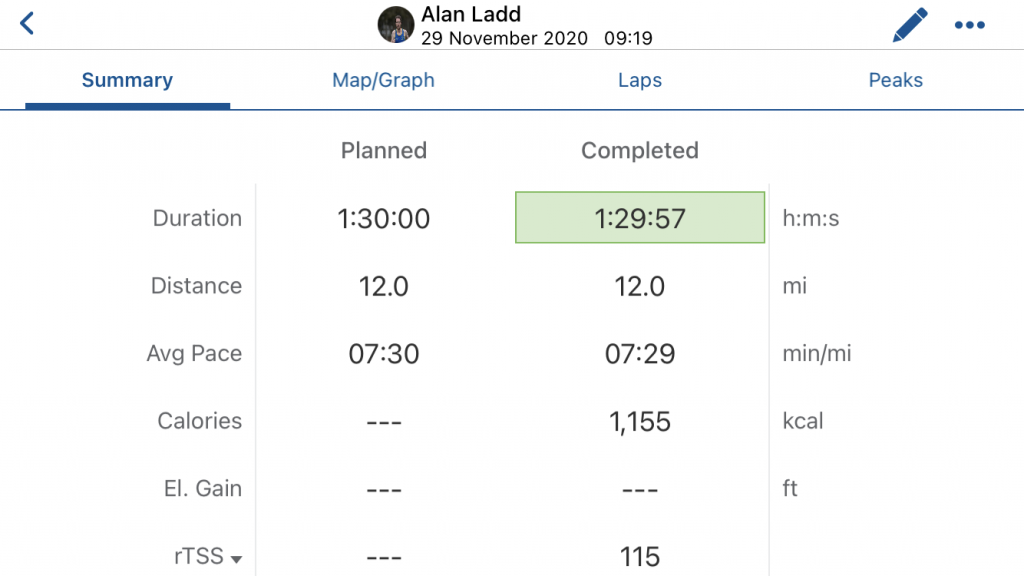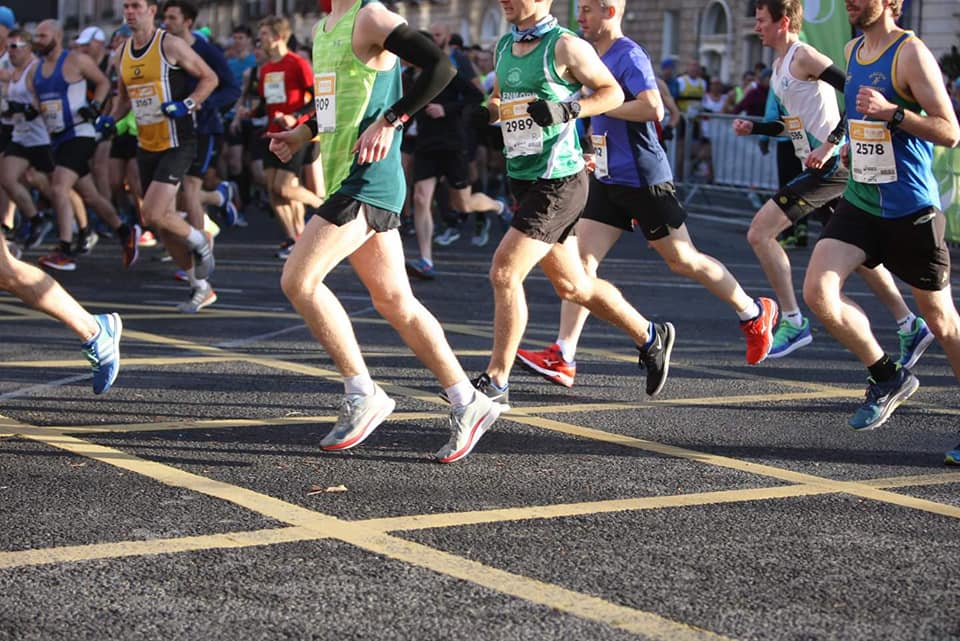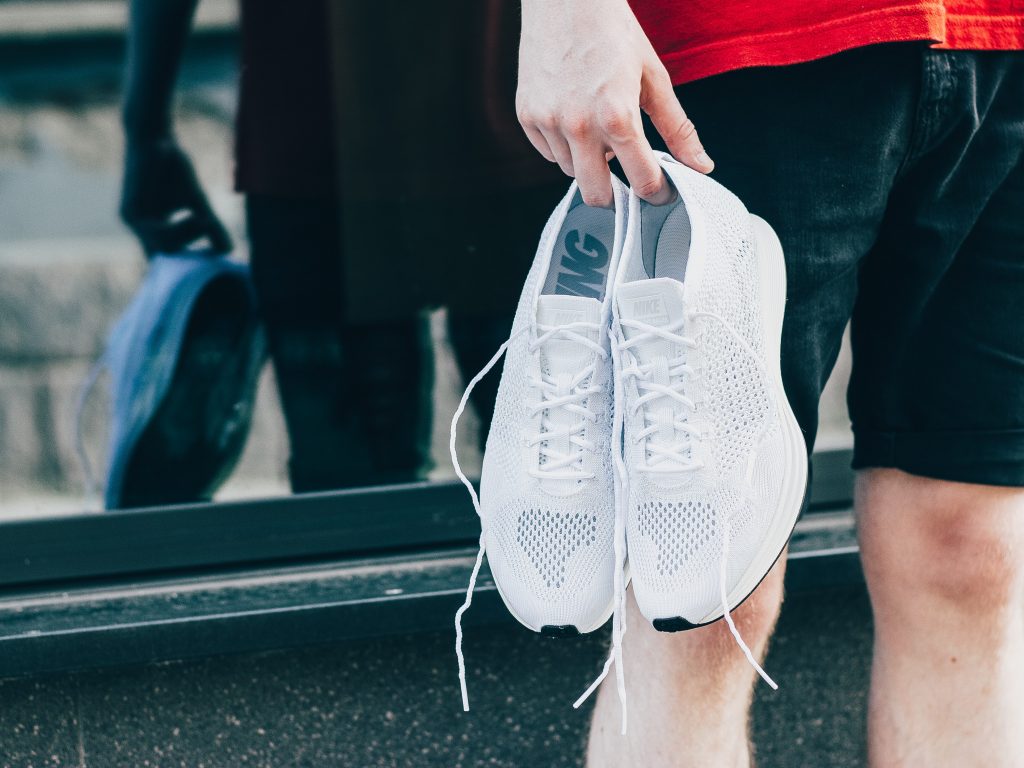Why a ‘bad’ training session can be great in the long run

Anyone who has run for any length of time has had one. A training session that sucked. The paces were all off or you felt sluggish or maybe your brain was telling you you couldn’t do it. You were left wondering why you even bother.
I have them from time to time and it is frustrating. We want to be able to smash everything that is thrown at us – be an A* student all the time. But even though I’ll still be disappointed, I’ve started looking at these types of sessions more pragmatically.
You’re not a robot
One thing I’m realising more and more through studying nutrition is that the body is an amazingly complex thing. And day to day it’s affected by far more than just your current ‘fitness level’.
Sleep, diet, hydration, stress and mindset can all play a significant role in running. Add that to external factors such as terrain and conditions and there is no valid way of determining exactly how you should and will perform on any given day.
Just because you run at a certain pace one week, it doesn’t mean that you can and will the next week. We can’t set all the factors up exactly the same each time so let’s not beat ourselves up about being slightly slower one week.
Tracking devices are not accurate
‘Your running watch is wrong!’. I heard this quote at a talk once and it made me smile. I, like many others, think of our watch readings as the holy grail of tracking. A second per mile here or there, a particular heart rate reading or that extra .01 mile you do for Strava are all vitally important.
However, the truth is that there is an element of inaccuracy in all of them. Some can be better than others but there is no way to know exactly how accurate they are at any particular time. So again, let’s not get disheartened over a few seconds here and there when we don’t know if the distance is accurate.
You’re more fatigued in training
I’ve consoled myself with this on many occasions. If your training plan is set up correctly, you should (usually) be able to muster up a better performance on race day as there will be an amount of tapering that will have you optimally rested.
Of course you should have rest days built into your plan but you may still be doing some high intensity training two days after a long run. You’re unlikely to be doing a race two days after a long run.
You’re also more likely to (and should!) prioritise sleep, hydration and diet more in the days leading up to a race whereas you may not have time or the inclination to make it a big priority during a training cycle (though you should certainly still try to).
You’re training at the right level
If I sailed through every training session smashing all the paces then I’d probably be very satisfied with myself. Until I asked the question – why is this training so easy? Should I be pushing myself harder? What am I really capable of?
I know when I coached myself that sometimes I would let myself off the hook in a session. Nobody else would care about my pace so only I would know. But now with a coach, there is nowhere to hide. And sometimes I will ‘fail’ in my own eyes.
But doing so is a confirmation that the training is pitched at the right level. I have a good amount of success with it but it is challenging. If I failed to hit the paces any of the time then the training set would be too difficult.
Draw on the ‘bad’ experience in races
Some of those sessions stick in your mind for various reasons. But you can use them in a positive way to get through difficult patches in races by focusing on how you overcame them. Pair them up with good sessions and see how you progressed over time.
Sometimes I like to imagine one of those bad sessions in a race and think ‘at least this isn’t as bad as that!’. It could be extreme weather conditions or a niggle that you were carrying or just bad circumstances around a particular run.
There are no ‘bad’ runs
Ultimately, every experience shapes you as a runner and person. There are no ‘bad’ runs. There are challenging circumstances and we find a way to deal with them. Maybe not there and then but over time.
If you shy away from ‘bad’ sessions then you lose some of this experience. That doesn’t mean to say we can’t strive for perfection but that if things do go slightly awry, we learn from those situations to make us better runners.







